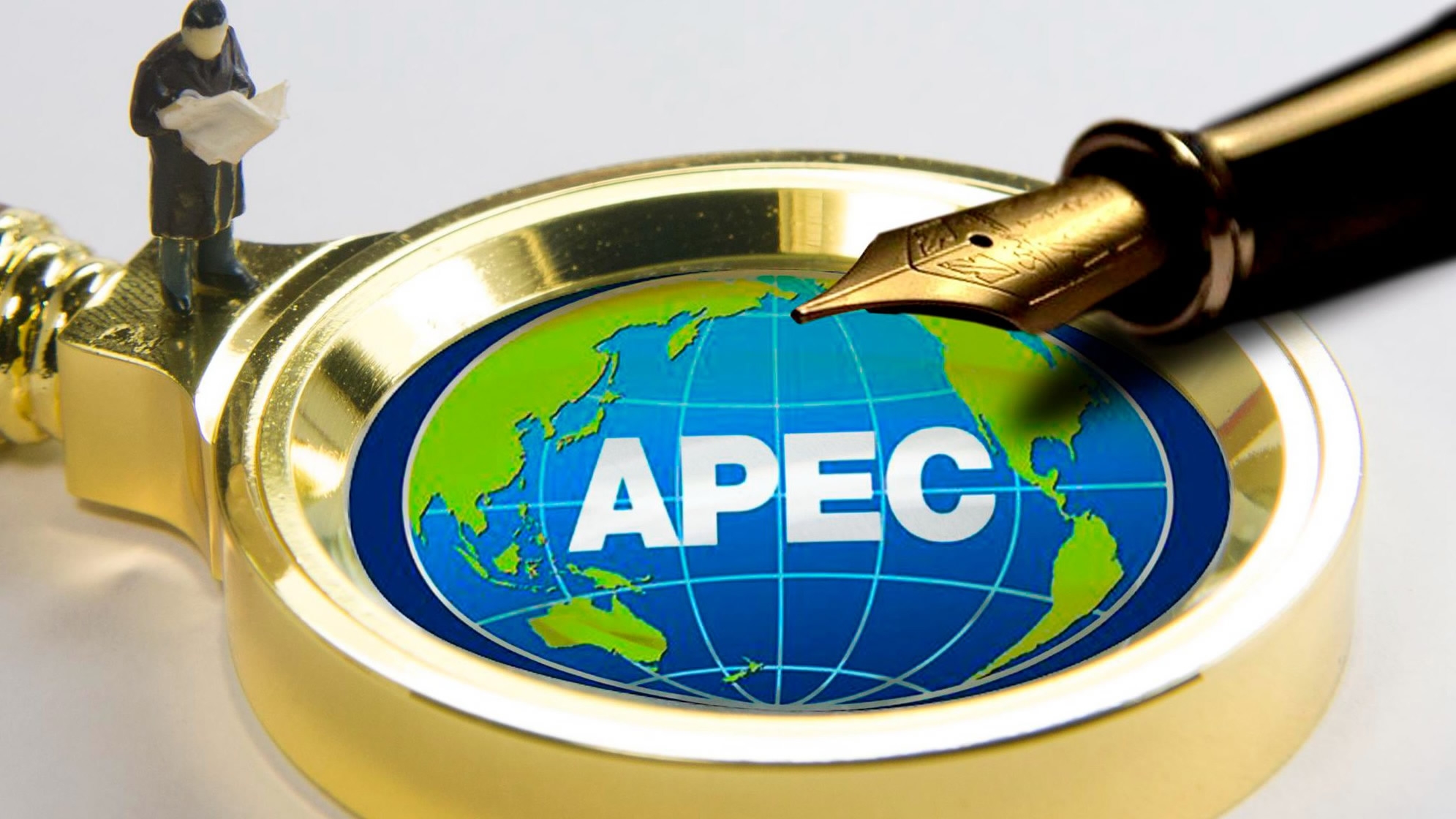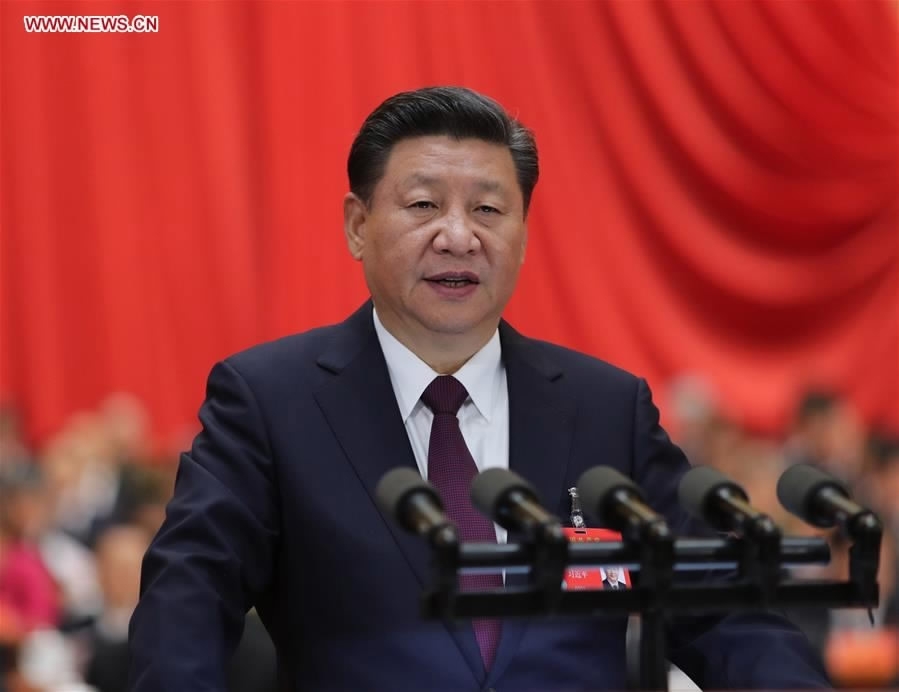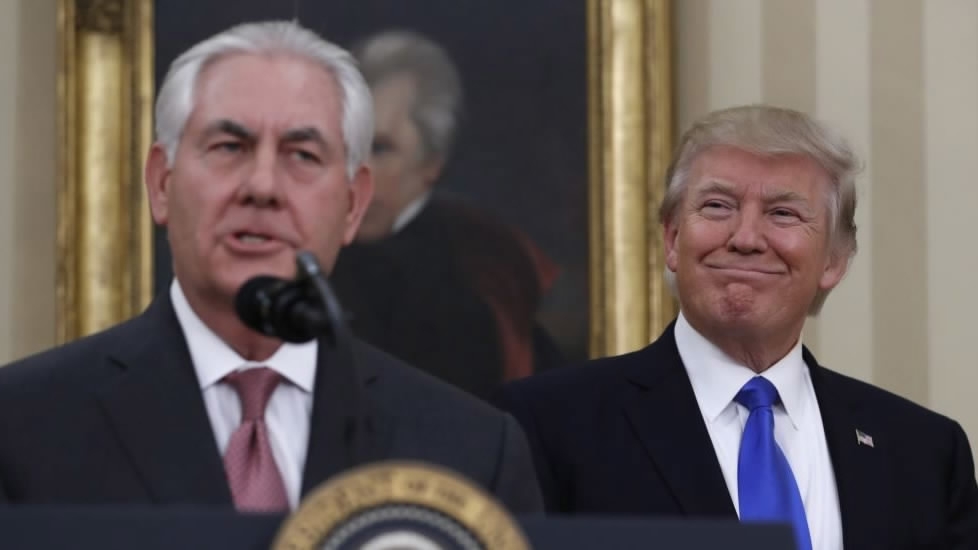
Opinions
11:31, 07-Nov-2017
Opinion: What role will China play in APEC after 19th Party Congress?
Guest commentary by Jiong Gong

APEC is historically an international organization that promotes regional free trade and investment in the Asia-Pacific region. But with today’s close intertwined relations of economic and foreign policy interests, APEC has long become a playground as an extension to the big powers’ foreign policy arm. Namely, APEC would not make a substantive move without Washington’s blessing.
One of the major policy initiatives of APEC in the past, which is also the biggest fiasco and shame as well, is the Trans-Pacific Partnership (TPP) treaty that Obama promoted and Trump junked. At the APEC summit in Beijing in 2014, Obama hosted a TPP meeting, of which China is no party, at the US Embassy in Beijing in advance of the APEC gathering. As the US is retreating from the global free trade leadership role under the Trump administration, the question arises as to what China’s role would be, specifically with respect to APEC after the governing party’s 19th congress.

Xi Jinping delivers a report to the 19th National Congress of the Communist Party of China on behalf of the 18th Central Committee of the CPC at the Great Hall of the People in Beijing, capital of China, October 18, 2017. /Xinhua Photo
Xi Jinping delivers a report to the 19th National Congress of the Communist Party of China on behalf of the 18th Central Committee of the CPC at the Great Hall of the People in Beijing, capital of China, October 18, 2017. /Xinhua Photo
Under the leadership of President Xi, China is now entering a new era, an era of ever-expanding commerce and investment networks around the world, an era of China taking on a more assertive and influential global governance role and an era of China cooperating with all peaceful nations to strive to jointly build a community of common destiny for all mankind.
Under this grand vision, it is quite easy to project China’s future role in APEC, which in my opinion, would be mostly about trade and economic matters. China would be in a position to promote an alternative trade agreement that takes into consideration salient elements of the TPP, or even consider joining the post-US TPP under the condition of revising some of its clauses. Canada, South Korea, New Zealand and to some extent Japan, would be interested in something like that.
But the APEC platform would also be an important venue for China to promote its foreign policy objectives in the face of rapidly changing dynamics in the Asia Pacific region. Of a more important concern to China is the potential emergence of the so called “democracy diamond” among US, Japan, India and possibly Australia, a geopolitical alliance first envisioned by Japanese Prime Minister Shinzo Abe.
Its prelude is already playing out in a recent foreign policy speech by US secretary of State, Rex Tillerson, at the Center for Strategic and International Studies in Washington in October. In that speech, he labeled the joint US-India-Japan Malabar military exercise as “a clear example of the combined strength of the three Indo-Pacific democracies”.

US President Donald Trump smiles at Secretary of State Rex Tillerson after he was sworn in the Oval Office of the White House, Feb. 1, 2017. /AP Photo
US President Donald Trump smiles at Secretary of State Rex Tillerson after he was sworn in the Oval Office of the White House, Feb. 1, 2017. /AP Photo
He also labelled China’s island construction efforts as “provocative actions in the South China Sea (to) directly challenge the international law and norms that the United States and India both stand for.” More shockingly, Tillerson even referred to “countries like India [operating] within a framework that protects other nation’s sovereignty,” a signal that could be interpreted that the US is taking sides in the Doklam standoff between China and India for the first time.
These are worrisome developments amidst China-US shared interests on a range of things, including the denuclearization of the Korea Peninsula. So, if we are to hear some flattering words from Donald Trump in the coming days during his visit to Beijing, my advice to the folks at the Ministry of Foreign Affairs would be that they should be taken with a pinch of salt.
The true policy implications of the new US Asia policy would have to be discerned from Trump’s speech at the APEC summit. And I will be listening very carefully.
(Jiong Gong is a professor of University of International Business and Economics. The article reflects the author's opinions, and not necessarily the views of CGTN.)

SITEMAP
Copyright © 2018 CGTN. Beijing ICP prepared NO.16065310-3
Copyright © 2018 CGTN. Beijing ICP prepared NO.16065310-3